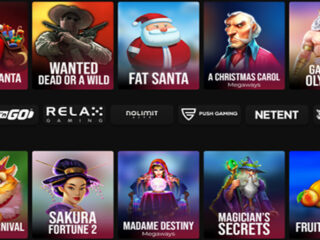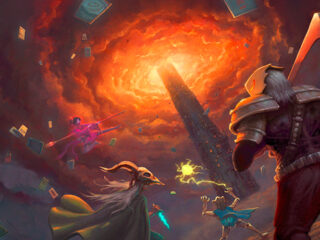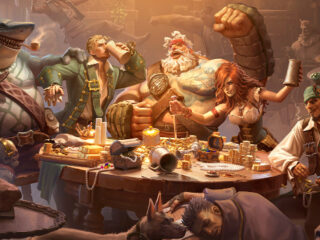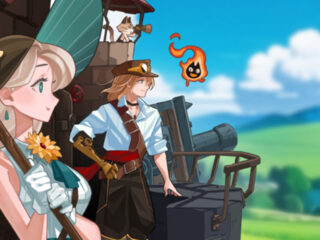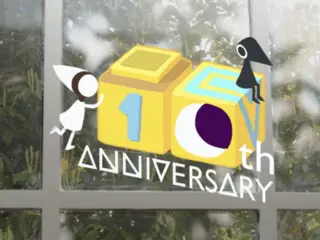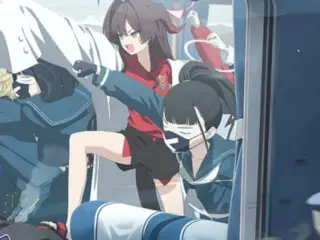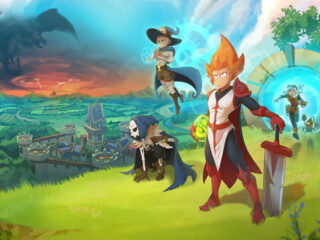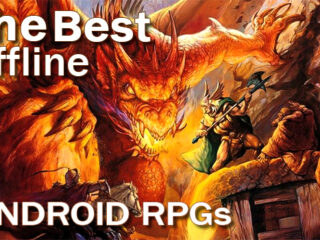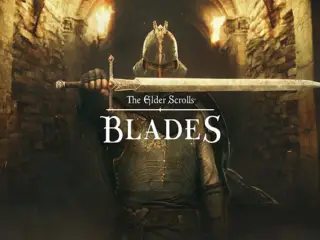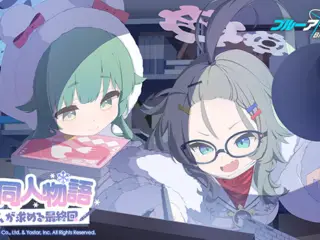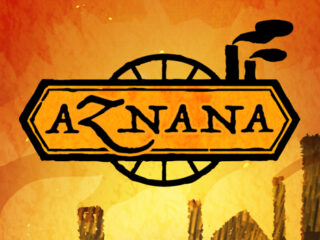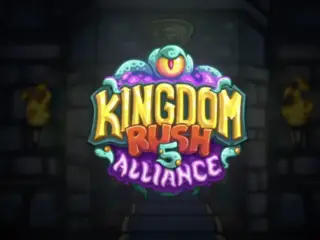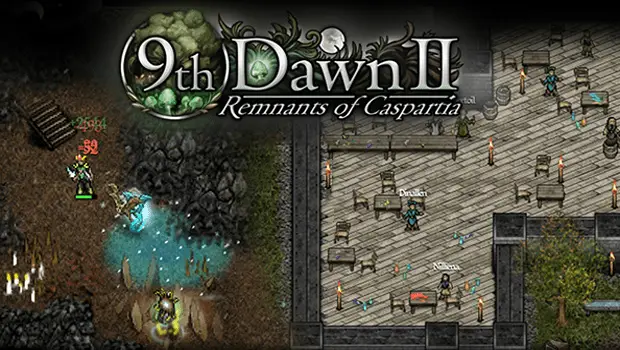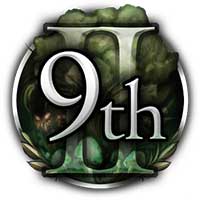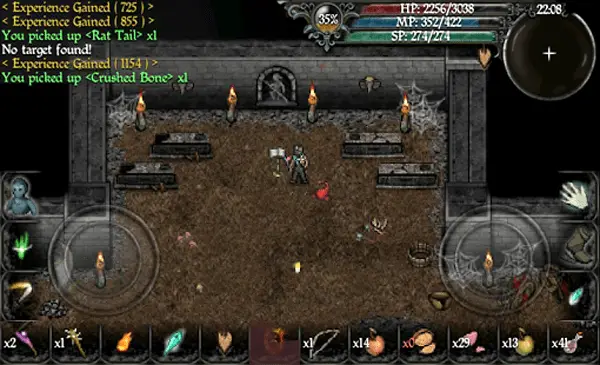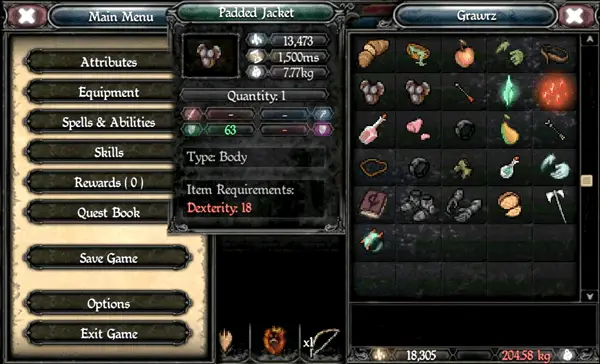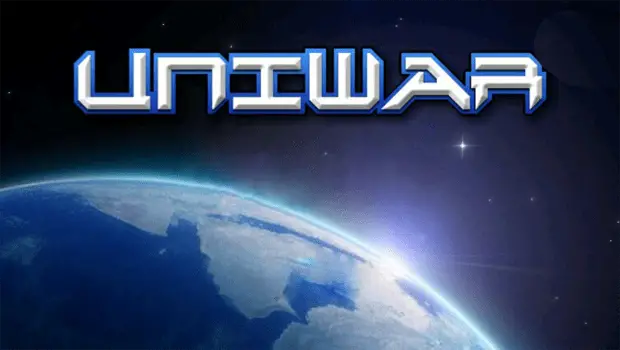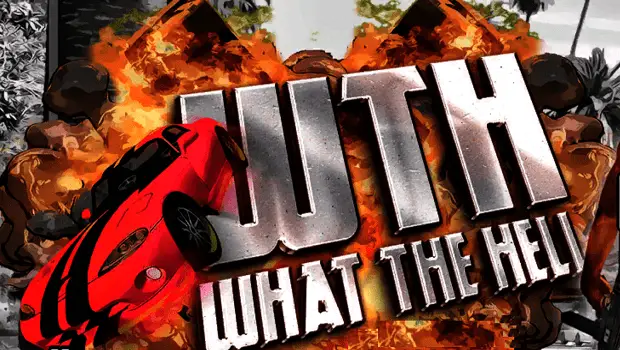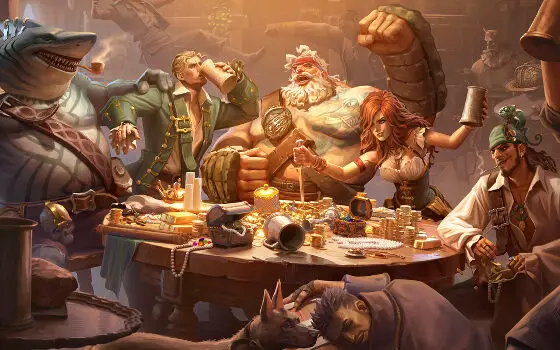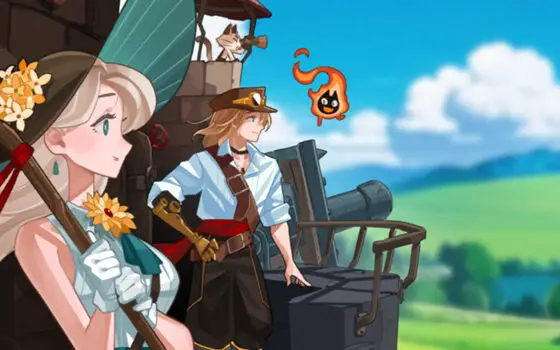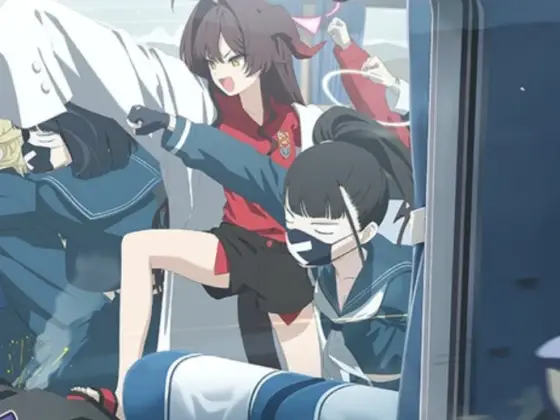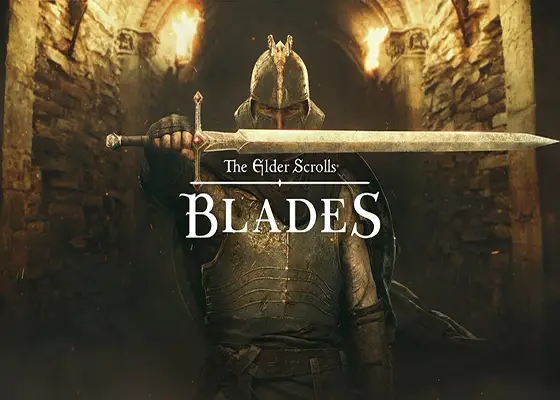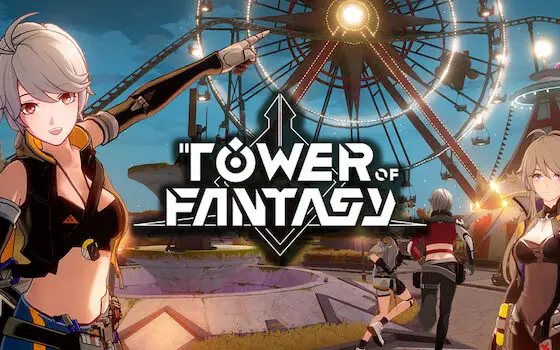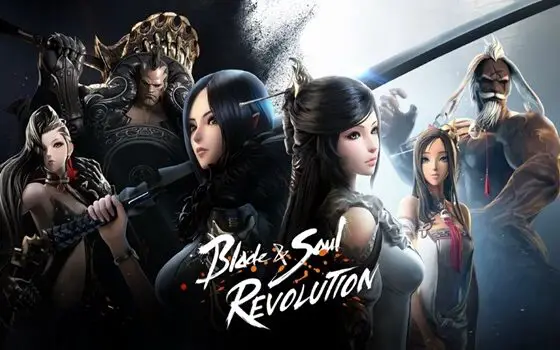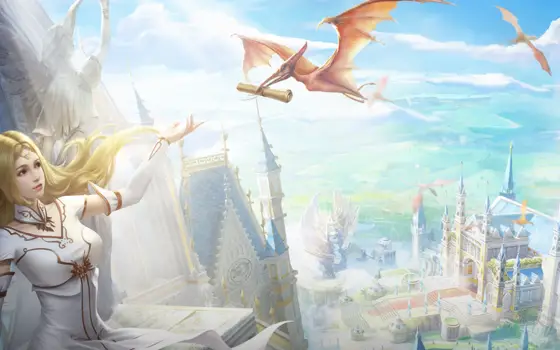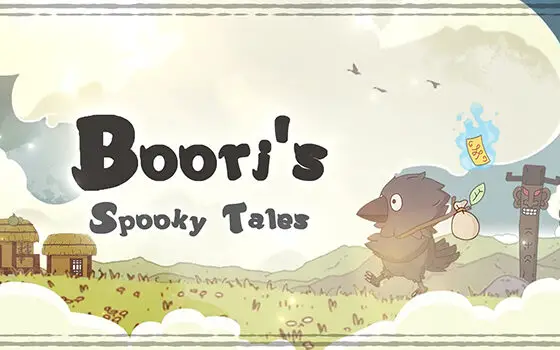The Old School Gem Returns
With a legendary pedigree from the dawn of PC gaming and enough detail and complexity to keep any mobile RPG fan happy, Valorware’s recently released 9th Dawn II has all of the trappings of one of this year’s best Android RPG titles.
While it’s an excellent mobile RPG in its own right, to properly understandable its inspiration, as well as a measure of its appeal, we are going to have to take you back—back to a simpler time, to a time when mullets and tight sailor shirts were cool, and the concept of a personal computers as a standard home appliance was just beginning to gain traction.
Lord British’s Scion
Now, if you had one of those bad boys in the mid-1980s and were also cognizant and a gamer you know what Ultima was. Ultima I not only represents the first in a legendary RPG series, it is also the first open world RPG. First, as in ever. The influence of its developer Lord British (AKA Richard Garriott) on the modern digital RPG has been reasonably likened to Gary Gygax and Tolkien, as Garriott is also the man responsible for the first popular MMORPG; and really many, many of the conventions of your contemporary RPG first saw the light of day in the Ultima games.
Playing Ultima I, in the early eighties—when there was nothing like it in the entire world—had all the transcendental heft of experiencing a new artistic medium for the first time, which, arguably, describes the experience to a T, like losing one’s self in a book or a movie for the first time. The game still looms large in my imagination as it undoubtedly does for anyone else who enjoyed an Ultima game back when CRPGs were new things in the world. 9th Dawn II, microdeveloper Valorware’s latest effort, like its immediate predecessor, is heavily influenced by the early Ultima games, which means that players of a certain generation are liable come off like gushing fanboys, especially since the game is a well-constructed RPG with an abundance of nuance and charm.
What a lot of players will find most remarkable at first is the game’s overhead view and homespun 8-bit visuals. If you’re looking for high-end graphics, you might find fault in them. However, like the writing in the game’s dialogue and plot, 9th Dawn II’s art direction has a light, easy charm that’s usually missing from the lion’s share of Android titles that cross my desk.
Open World of Yore
After moseying around your home town of Alderun, picking up a few quests and killing the requisite basement rats, you’ll hit the wilderness and eventually find yourself battling a mob of goblins that have overrun a nearby town. While the game’s melee combat is a little clumsy, it’s challenging enough to hold your interest and leveling is brisk and satisfying. Both the loot and leveling system are smart and detailed and show the kind of high level of detail that’s reserved for PC RPGS and the work of mobile gaming’s best microdevs. 9th Dawn II also sports the more customizable and realistic interaction-based leveling system á la Skyrim and Oblivion. For the uninitiated: You level up skills by using them. So, if you want to be an archer pick up a bow in town and start tagging the local ratties. Want to be a mage? Grab yourself a staff from the local vendor and you are on your way.
God is in the Details
The way 9th Dawn II handles loot is another primo example of Valorware’s commitment to their craft and audience as the game sports a variety of usable items, healing items, three types of armor sets and hosts of weapons. The coolest aspect of their loot system, however, is that most of the weapons and armor are represented on your avatar graphically, a detail that makes earning a halberd of ultimate ass-kicking (not actually the name of an in-game weapon) that much cooler, and one that sets the 9th Dawn series apart from the vast majority of indie RPGs that find their way onto Android each month. The reason you barely see it among said RPGs is because it takes about 10 times as much time to draw and program. Its presence here, like much of the game’s finer details, is yet another a testament to Valorware’s commitment to building a great, immersive RPG.
The game’s score is worth mentioning as well. While the sound effects are so-so, if overall fairly detailed, 9th Dawn II’s soundtrack is AAA movie quality, and makes one wonder, how far a game like this could go if Valorware recruited a few AAA veterans onto their team. Because 9th Dawn II is one of the finest indie/Android RPGs we’ve seen since last year’s Illyria: Destinies.
Still, the game is not without its flaws. One minor yet glaring issue is the game’s hard numbers—those you see in-game. For some reason at level 1 you have well over 500 hit points and from third level onward you have upwards of one to tens of thousands of hit points. What’s more, common items like bandages and health potions sell for hundreds to several thousand credits. While it’s not anything like a deal killer, it is still an unnecessary break with convention that is wonky enough to take the player out of what is otherwise a very immersive game.
Story Faceplant
The game’s worst flaws, however, are the holes in its story. The first 9th Dawn had a similar story issue. In 9th Dawn I players had to dig for the game’s overarching narrative. Here, Valoware places the inception of the game’s plot in its first town and thankfully most players will encounter it there in their first quest and clearly recognize it for what it is. Unfortunately, there are those holes I mentioned. After being told that that the evil your facing is an ancient one, whose backstory is tied into the legends of Caspartia (the world of 9th Dawn), you are given a book supposedly heavy with the legends you’re about to encounter. Sadly, aside from a short message from the developers explaining that Valorware will have the book, and thus the game’s backstory, ready for players in an upcoming update, the tome has nothing in it.
What’s worse, while you are engaged in this huge overarching quest at the beginning of the game, the snippet of dialogue that introduces you to the main quest takes you all the way to the story’s end. The best fantasy stories whether in a book or a game have a measure of mystery and a vibe that rings epic, which is why fantasy stories are best revealed in stages or stretched out over a period of time. Certainly, having a fantasy story’s entire skeleton revealed from beginning to end at the onset leaches considerable power from its narrative. That said, it should also be clear that the game’s writing is otherwise well done and the gameworld itself is rife with content and quests, and like Dawn I there a ton of uncharted towns and dungeons to find and explore.
Conclusion
While the story reveal is not a huge red flag, it is a real flaw, and 9th Dawn II would be a better game if its story had more meat and mystery. It is not a huge issue because Valoware does an awful lot right here, beginning with drawing inspiration from one of the greatest RPG series ever made, and using that inspiration to create an excellent and original game that’s entirely worthy of its legendary progenitor.
Is it Hardcore?
Yes!
Those not put off by rudimentary indie graphics, will find a lot to love in 9th Dawn II. Story issues aside, it represents one of the finest indie RPGs available on Android
